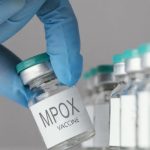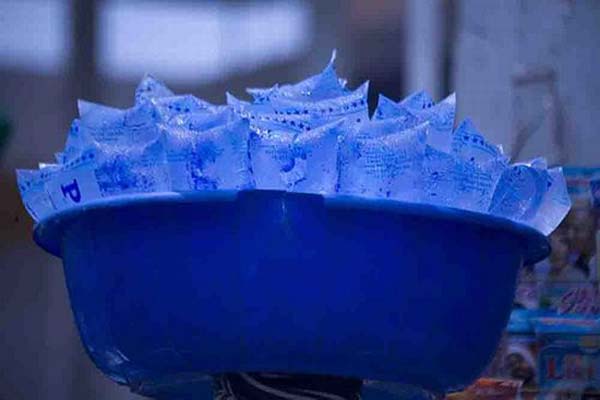A new scientific study has raised serious concerns about the safety of drinking water consumed by many Nigerians, including packaged water sold in cities such as Lagos, Osun and Oyo.
The research was carried out by Dr Otitoju Beulah, a member of the African Centre of Excellence for Water and Environmental Research and a researcher at Redeemer’s University, Ede, Osun State. She said her findings showed unusually high levels of industrial chemicals and pharmaceutical waste in both surface water and groundwater.
In an interview with The PUNCH, Beulah said the samples were taken from major and minor water bodies, including rivers, streams, wells, boreholes, tap water, and packaged water. She noted that the level of contamination rose sharply during the rainy season.
She said, “My recent study, published in international journals, shed light on pollutants that most people have never heard of but may be consuming daily. One such study examined dihydroxybenzenes, compounds like catechol and hydroquinone, commonly linked to industrial pollutants and pharmaceutical waste.”
According to her, the chemicals detected do not only threaten human health. They also harm aquatic life and disturb ecosystems that local communities depend on for food and income.
Her study also showed that infants and toddlers face the highest risk. Their low body weight and higher water intake make them more vulnerable to the non-carcinogenic effects linked to these pollutants. While adults are also exposed, the impact on children is far greater.
Beulah added, “My team’s fieldwork across major and minor waterbodies in Osun, Oyo, and Lagos States indicated alarmingly high concentrations of these chemicals in both surface and groundwater sources, with levels spiking during the rainy season. These sources include but are not limited to rivers, streams, springs, wells, boreholes, tap water and most shockingly, packaged water.”
The research also highlighted the role of Nigeria’s weak waste management system. She linked the rising contamination to fast urban growth, poor regulation and low public awareness on proper disposal of waste.
Beulah said the lack of strict enforcement has allowed industrial waste and harmful effluents to flow into water sources that millions of households depend on for drinking, cooking and daily use.
She recommended affordable water treatment solutions that families can use at home. They include agricultural-waste filters, modified sand filters and solar disinfection units.
“Early trials have shown encouraging results, with reduced contamination levels and increased adoption of safe water practices,” she said.
The researcher said Nigeria needs clear guidelines on new and emerging contaminants such as catechol, along with stronger monitoring and enforcement systems. She warned that the current weak reporting structure is affecting the country’s ability to protect water quality.
Beulah stressed the need for immediate action across all levels.
She said, “Safe water cannot wait. While governments work on long-term solutions, communities must be given tools to protect themselves now. Access to clean water is not just a development goal. It is a matter of survival.”











